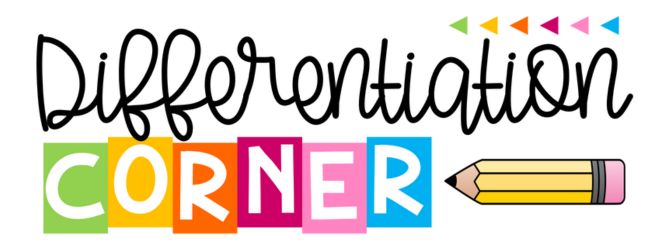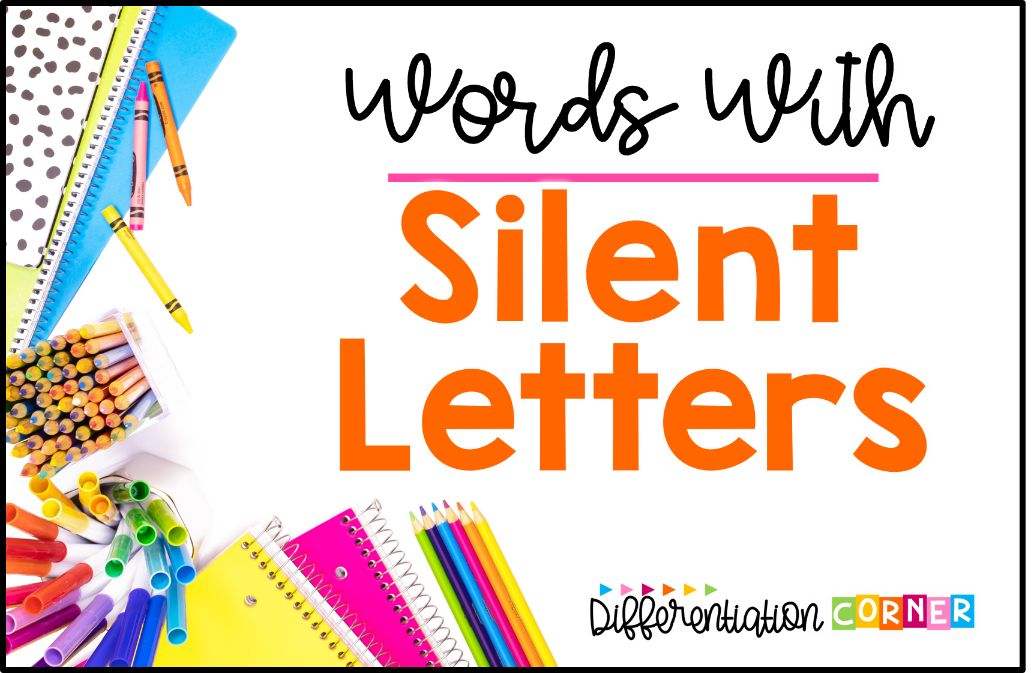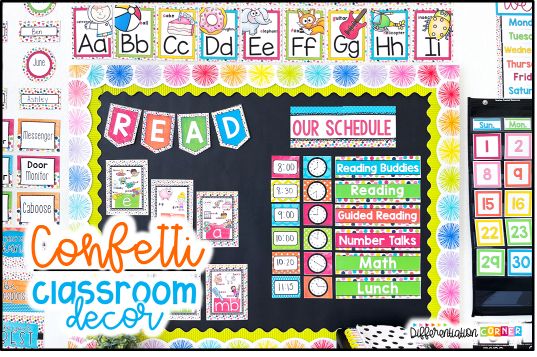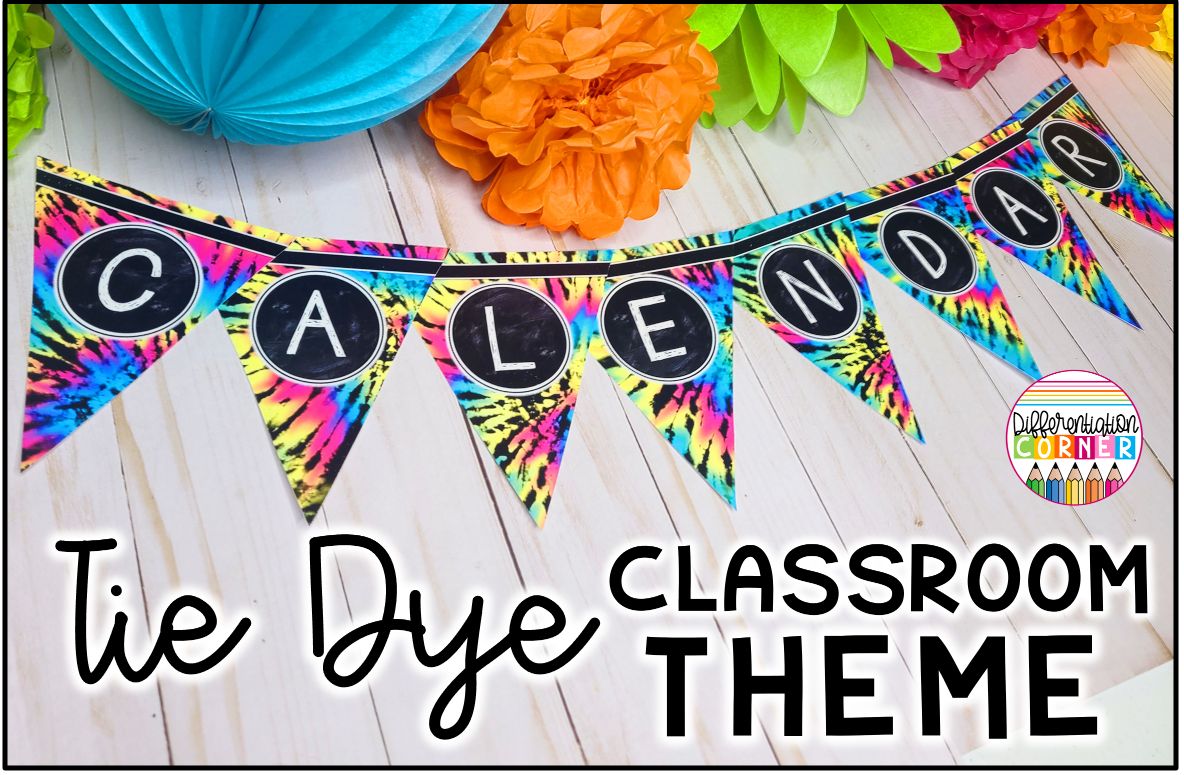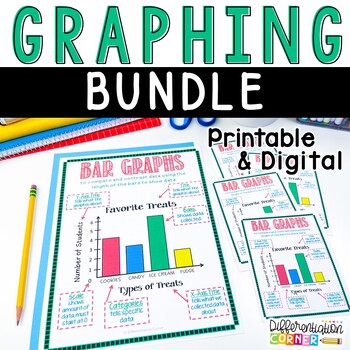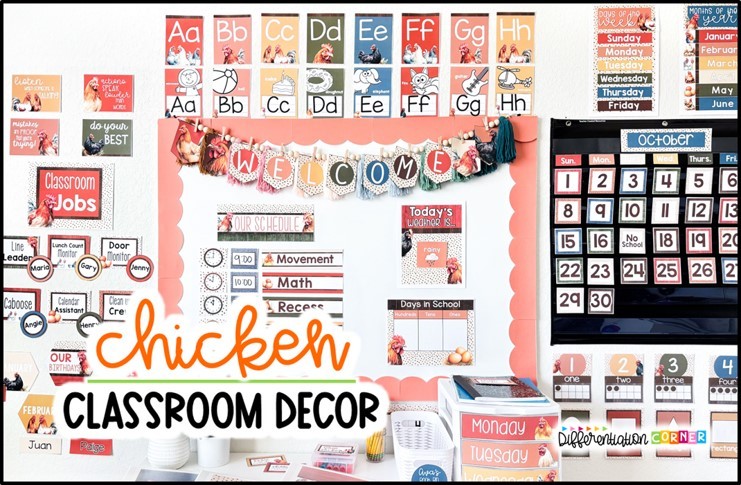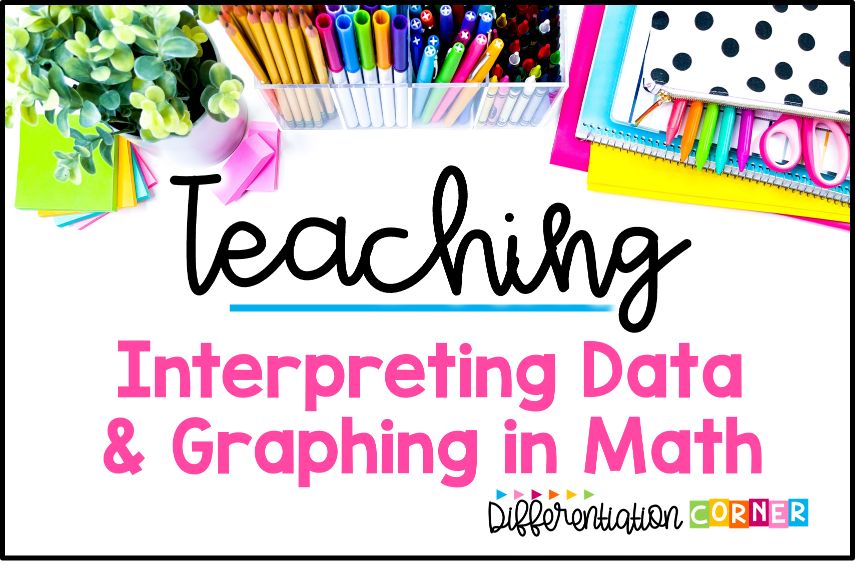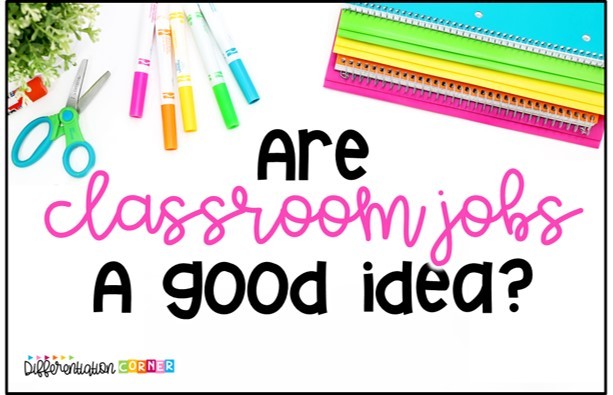Are you teaching silent letters kn, wr, gn and mb? Silent letters words can be tricky for students but important for developing strong reading and spelling skills. And it’s no surprise that research shows explicit phonics instruction for the sounds that letters and letter combinations make is the best approach in teaching students about silent letter words. In this post I’ll tell you about where silent letters in English come from and the fun activities I use to teach my students how to read and spell those pesky silent letters.
What is the purpose of silent letters?
My students always ask me why there are silent letters in words. So I had to find out because I honestly didnt know! Students always learn better when they understand the “why” behind what they’re learning. Im so glad they’re curious about why things are the way they are. We’re teaching a generation of leaders, not followers.
How do you explain silent letters to students?
This is how I explain why there are silent letters in words to my students. Some letters in words are not pronounced, but they’re still important for a couple of different reasons! Sometimes words with silent letters help differentiate between homophones or two words that sound the same but have different meanings. Knot and not, knight and night, write and right are a few sets of these homophones.
Another reason we have words with silent letters is because the English language was influenced by many other languages. Most words with a silent k come from Holland or Germany where they do pronounce the k. Mb words are usually old Roman words and we dont pronounce the b anymore. The gh comes from the Dutch language.
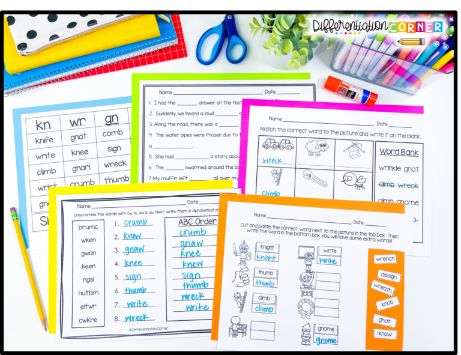
Silent Letter Activities
On the day I introduce silent letters we start creating a list of words with silent letters on chart paper and in their interactive notebooks. We keep this list going and record any words with silent letters we find “in the wild” as we go about our word study. They get so excited when they find a word with a silent letter in their reading book or on a webpage. Students practice reading our list of words with silent letters and spelling them with partners on individual white boards if we have time.
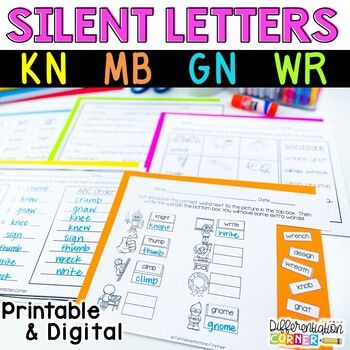
Word sorts are a research based way to help students practice identifying and reading silent letters words. I have students cut out the word sort, sort the words by the silent consonant, and then read the words. When students are finished, we paper clip the words together or put everything in a baggie and store it in their book box. I like to give students a few opportunities to sort the words with silent letters a few times.
After the second sort, I might have them write sentences using a few of their favorite words with silent letters from the sort or highlight each of the silent letters with a different color. When we’re finished with the sort, I have them glue the silent letter words onto notebook paper or construction paper.
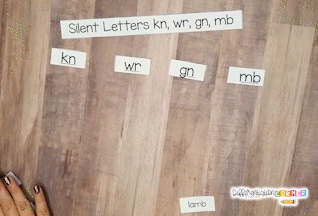
Technology makes everything fun! There are many online resources and apps that can make teaching silent letters more interactive and fun. Have a reluctant worker? Try a digital word sort or try using a game-based learning platform like Boom Learning to teach silent letters.
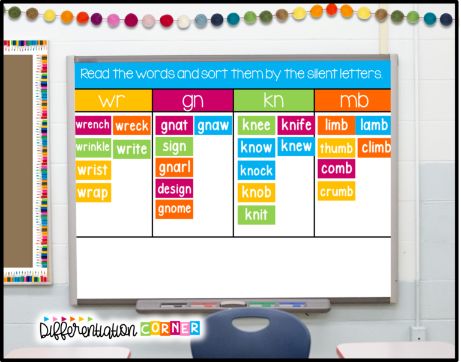
These interactive silent letter activities are perfect for projecting on your whiteboard during a whole group lesson.
Have you tried Boom Cards yet? These self checking (that’s right, self checking) digital task cards turn learning anything into a game. So I created a set for silent letter words! Boom cards have changed my life. It also comes in Google Slides if you don’t do Boom. (but you should try it!)
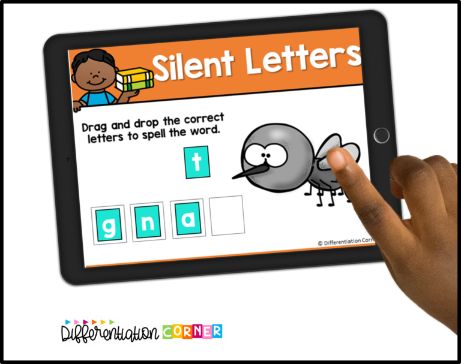
Silent Letter Worksheets
These phonics silent letters worksheets can help students read and spell these tricky words. Repeated opportunities to practice is the key for students to master the digraphs gn, wr, kn and mb in reading and writing.
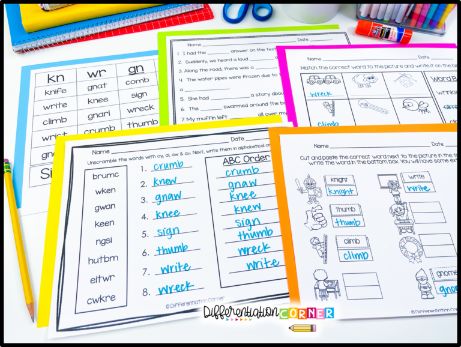
I was struggling to find more practice for my struggling students so I created these silent letter words worksheets for my literacy centers. They really needed to interact with these spelling patterns before they became confident independently.
These silent letter worksheets allowed my students to read silent words in context and identify the correct spelling with support. Then they practice writing words with silent letters with word banks to make sure they are practicing correctly in their writing.
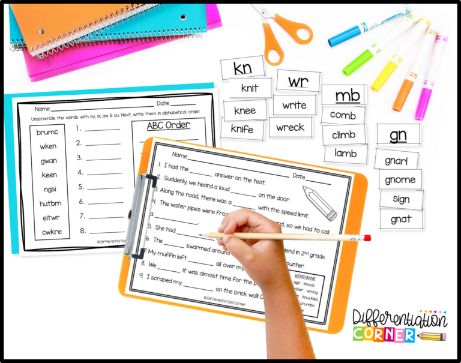
You can help your students read and spell those pesky silent letters with these fun, interactive activities. I love seeing my students become confident readers and writers through phonics instruction! What other ways have you practiced silent letters with your students?
